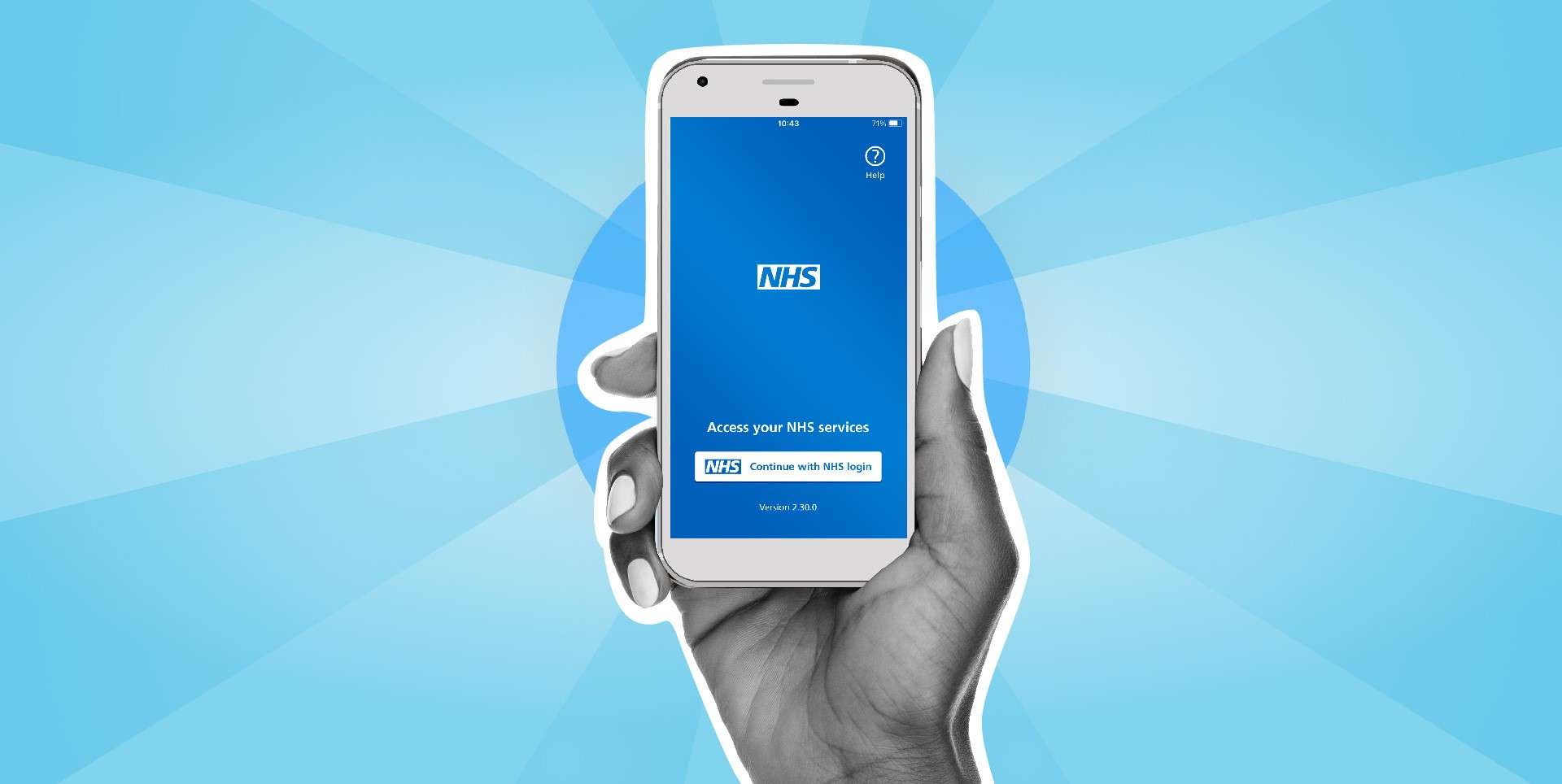Behind the headline focus on digital GP consultations, there were lots of other significant implications for health technology firms in government’s recent plan for the future of the health service. Ben Moody of techUK digs into the detail.
Credit: Anthony Devlin/PA Wire/PA Images
The NHS published its long-term plan in January – an overarching vision of a much more digitally enabled service, where the public are supported to recognise symptoms, manage their health, and be cared for using digital tools.
Media attention focused on digital GP appointments, but there is much more in the plan. Here are five more big implications for the health tech sector:
Joining up healthcare structures
The plan states that the NHS and its partners will be moving to create integrated care systems (ICS) everywhere by April 2021. This will have huge implications for how suppliers work with the system.
The plan states that the NHS and its partners will be moving to create integrated care systems (ICS) everywhere by April 2021. This will have huge implications for how suppliers work with the system.
If achieved, this could be the single biggest contributor to repairing health and social care provision. It aims to move us towards a system of “joined up, personalised and anticipatory” care – three things that the current system does not do well.
Good news for…
Tech suppliers struggling with a fragmented system and dispersed budgets and a stronger market for those working on interoperability to underpin integration; population health management and analytics; and social-care tech suppliers.
Will it work?
The number of ICS up and running is already into double figures and the expansion presses on. Legislation to underpin the changes requires a government with a significant majority, parliamentary time; and a decent amount of goodwill in the NHS, so this may take a while.
An advisory service for innovators
Our Manifesto for Matt paper outlined the need for local advice to ensure health tech companies can prosper in all corners of the country. The plan picks up on this recommendation, stating that the NHS will create a new advisory service for innovators, linked to the Academic Health Science Networks (AHSNs).
Our Manifesto for Matt paper outlined the need for local advice to ensure health tech companies can prosper in all corners of the country. The plan picks up on this recommendation, stating that the NHS will create a new advisory service for innovators, linked to the Academic Health Science Networks (AHSNs).
Good news for…
SMEs up and down the country, especially outside of the south-east bubble.
Will it work?
The difficulty will be recruiting a cadre of experienced health-tech industry experts who can help navigate the system. But, with the right national guidance and a national network to share expertise, this is a great idea that could support innovation around the country.
Medtech funding
The plan states that a simpler route will be created for scaling cost-saving medtech. This will necessitate swifter and more frequent NICE evaluations to ensure that a product meets the Ronseal test and can be defined as cost-saving.
However, a lot of medtech requires at least an initial cost increase, so there will need to be discussions around how cost-saving is defined.
Good news for…
Medtech innovators.
Will it work?
No one wants a world where technologies are obsolete by the time they’ve got through NICE and then scaled in the NHS, so a swifter process is very welcome.
Digital diabetes solutions
In our manifesto we highlighted the postcode lottery for access to flash glucose monitoring for people with type 1 diabetes, so we were pleased that the plan includes national funding to fix this.
Type 2 diabetes is preventable in most people who have the condition but continues to have a terrible human and financial toll. The plan commits to funding a “doubling of the NHS Diabetes Prevention Programme”.
Good news for…
Flash and continuous glucose monitoring manufacturers; and a raft of digital coaching tools and services for Type 2 diabetes.
Will it work?
This really is the low-hanging fruit of health and care. It is inconceivable that these interventions will not pay for themselves many times over during a patient’s lifetime as well as delivering huge health benefits.
Expanding the Digital Academy and tech expertise on boards
techUK are due to launch our joint mentoring scheme with the NHS Digital Academy in February helping to develop the next generation of NHS tech leaders. We are delighted that the plan contains a commitment to expand the Academy.
The plan also states an “expectation” that informatics leaders are represented on the board of every NHS organisation – another recommendation from our Manifesto that has been made by many across the sector.
A good day for…
All!
Will it work?
Absolutely.
There is much more in the plan that will affect the sector, and this list could have easily been a list of 20 or more. It is quite easily the most technologically focused plan the NHS has ever produced – with commitments about joining up data, digitising outpatient services, decision support and artificial intelligence, extending NHS mail to care homes and much more.
The execution of such a wide-ranging technology agenda will require a paradigm shift in the way that the myriad bodies reporting to Department for Health and Social Care operate and moves are already afoot to align and accelerate the delivery of the plan.



